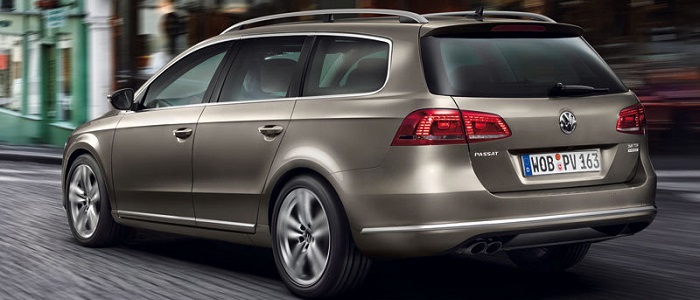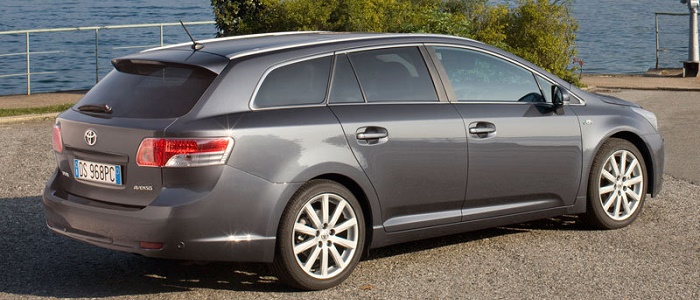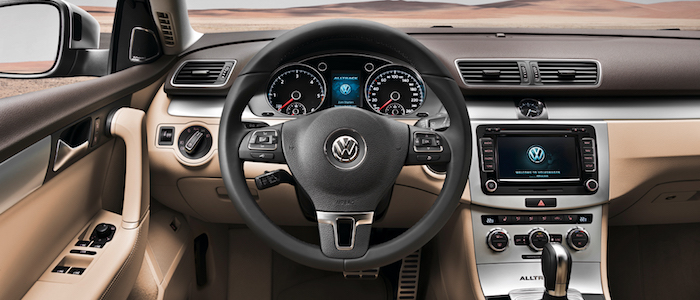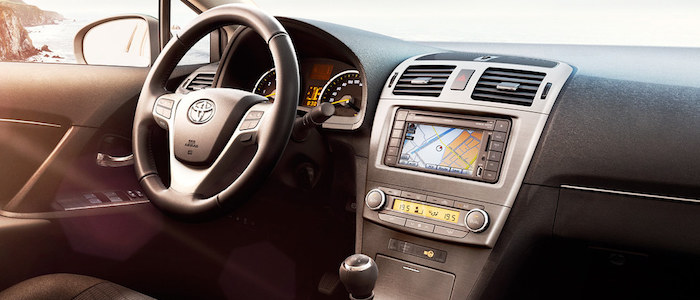Compare two cars
Compare any two cars and get our Virtual Adviser™ opinion
Dimensons & Outlines
Check vehicle history
Engine
Performance (manual gearbox)
Performance (automatic gearbox)
Expenses
Virtual Adviser's™ opinion
Two significantly similar cars, no doubt about that. Still, each one has something different to offer. Having both cars powered by diesel engines and utilizing the 5-door wagon body style within the same 'Large family car' segment, the only major difference here really is their wheel drive configuration (4 x 4 for the Volkswagen and front in the case of the Toyota). The first one has a Volkswagen-engineered powertrain under the hood, a 4-cylinder, 16-valves 140hp unit, while the other one gets its power and torque from a 4-cylinder, 16-valves 126hp engine designed by Toyota.
SafetyA starting point here would be to take a look at the results from European New Car Assessment Programme (Euro NCAP) tests which were performed on both of the cars, with the same number of safety stars gained in the process. That aside, let's consider some other aspects which affect safety. Both vehicles belong to the large family car segment, which is generally a good thing safety-wise, still it doesn't help us solve our dilemma, does it? Furthermore, when it comes to weight, a factor that most people underestimate, the German car offers a marginal difference of 4% more metal.
ReliabilityReliability is not the best thing to consider on the make level, but it is worth mentioning that Toyota does have a slight advantage, when all the models are taken into account. These are the results of an independent reasearch, while our visitors describe reliability of Volkswagen with an average rating of 4.2, and models under the Toyota badge with 4.6 out of 5. Independent research findings rank Passat as average reliability-wise, and Avensis is more or less at the same level.We should definitely mention that owners of cars with the same powertrain as the German car rank it on average as 4.3, while the one under the competitor's bonnet gets 4.5 out of 5.
Performance & Fuel economyToyota is a bit more agile, reaching 100km/h in 0.1 seconds less than its competitor. Still, it lacks the power to win the top speed competition, topping at 200 kilometers per hour, 7km/h less than the other car. When it comes to fuel economy things look pretty much the same for both cars, averaging around 5.4 liters of fuel per 100 kilometers (53 mpg), in combined cycle.
Verdict
Toyota appears just a bit more reliable, although the difference is truly marginal. The most important thing when deciding between any two vehicles should always be safety, both passive and active. In my opinion, everything taken into account, the German car offers slightly better overall protection and takes the lead. When it comes to performance, both vehicles provide similar experience, so I wouldn't point any of them out. the German car still consumps less fuel, which needs to be taken into consideration. No mistake, whatever you decide here, but I'd still go for the Volkswagen. Anyway, that's the most objective conclusion I could've came up with and it's based solely on the information found on this website. Aspects such as design, practicality, brand value and driving experience are there for you to measure them out. I suggest you spend two more minutes in order to find out which car, based on your needs and budget, would be picked by the virtual adviser™, among thousands of similar, yet so different vehicles.


































